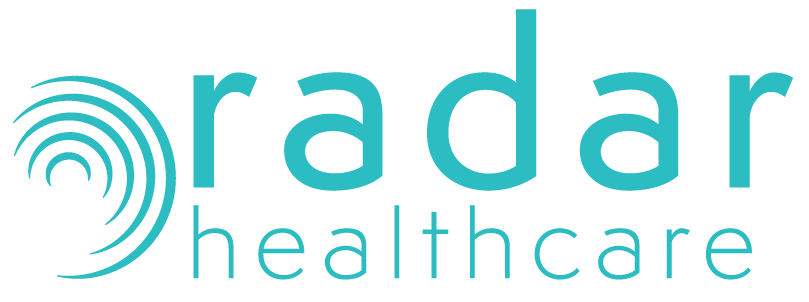Reading time 5 mins + 40 mins video
Demonstrations
Below are a series of video exploring our new and improved audit tool.
Building An Audit
Scheduling an Audit
Completing an Audit
Reporting on Audits
What’s changed? Solving the pain points
- Customers were very restricted on the responses they can set to their questions (Yes/No/N.A.).
- Creating your own audits in previously involved uploading a spreadsheet then using drop-down menus to edit and style your question, which was ‘long-winded’. If you found that there was an error in your finished audit, you would have to recreate the whole thing again.
- In v1, you had to schedule the frequency of your audits on the audit screen itself. This meant that if you want to delete one scheduled audit, you will disturb the whole series of audits.
- Analytics was not previously set up to report on missed audits i.e., you couldn’t report on how many audits had been missed.
- To create an action based on your audit answer, you had to wait until the end to create them – and then you could only create actions based on failed questions.
- Audits were previously locked to the person who started them, or the device they were started on.
- Only one person used to be assigned to an audit.
- Administration issues when person assigned audit was not able to complete.
Key Features and Benefits
- Custom your response types
Choose from a series of responses such as: Yes/No, Pass/Fail/N.A, Completed/In progress/Not started... or create your own.
- Access anywhere (on and offline working)
Radar Healthcare’s mobile-ready and remote software means your workforce can use it wherever they may be with real-time access to information. No internet or signal? Not a problem - our audits work offline and then all data is synchronised once you gain a signal.
- Audit by role
When scheduling audits, choose to assign an audit to a role, instead of having to know a specific person to assign the audit to. Easily share audits among your team – empower your workforce, embed a culture of collaboration, and share responsibility.
- Preview and build your audits
Preview all audits to see what they will look like to the end user, whilst experiencing an easy-to-use, drag-and-drop interface.
- Scheduled audits across different locations
Separation of the schedule from the audits allows for increased flexibility across locations.
- Change the frequency
Set recurring audits to measure trends. Separating the schedule from the audits allows the same audit to be scheduled at different stages across locations.
- Mandatory actions
Make sure you are capturing the right information and data at the right time. Apply mandatory actions per question so nothing important is missed, for example, adding additional information, attaching evidence, or creating an action.
- Comprehensive audits in one place
No more losing bits of evidence or information essential to audits. With our audit management software, simply attach any relevant photos, evidence, and commentary to your audits so it’s all kept in one easy-to-access place. Radar Healthcare will even show date and time stamps, along with calendar views of all audits.
- State of the art Analytics
Easily spot trends in performance through Radar Healthcare’s user-friendly analytics. Enjoy analytics incorporated with smart KPIs, machine learning, and artificial intelligence.
Roadmap

Further Reading
Original concept webinar
Original Webinar Nov 2021
What the Health Tech Podcast
YouTube – https://www.youtube.com/watch?v=WxVdWoWzHGM
Spotify – https://open.spotify.com/episode/3kBGqqHEh3UzRYWMvm91ih?si=5tlc39D9TZq-PZ43duvT6Q
Website – https://radarhealthcare.com/what-the-healthtech/
The podcast content covers.
- Why we developed it
- Our customer involvement in the development
- Key features: flexibility with questions, analytics (what do you actually want to do with your audits once completed and how can the information be valuable?) and processes for automated actions on the back of things like failed questions etc.
- What these features mean to a customer and how it relates to the day-to-day and impacts the learnings
- Future development and roadmap information

